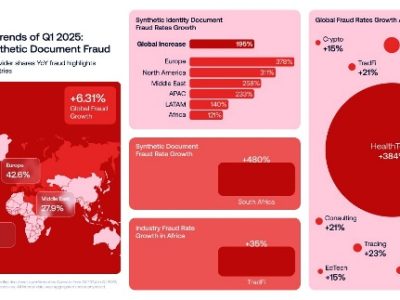The Council of Ministers of the Economic Community of West African States (ECOWAS) has officially adopted a comprehensive e-commerce strategy for the 15 member nations of the organization.
RELATED: ECOWAS Commission launches new website
The strategy, announced on July 7, 2023, aims to boost e-commerce in the region by addressing specific needs identified by the United Nations Conference on Trade and Development (UNCTAD) in its “eTrade readiness assessment” for West Africa.
Join the conversation here to learn more: https://lnkd.in/dybzRBRQ
Developed through a collaborative and inclusive process, the strategy has received support from core donors of UNCTAD’s e-commerce and digital economy program, including Germany, Sweden, Switzerland, and the Kingdom of the Netherlands. Its primary goals are to accelerate structural change, foster regional integration, promote economic diversification, and create job opportunities within ECOWAS member nations.
The strategy holds particular significance as 11 of the member nations are categorized as least developed countries, making them more vulnerable to external shocks. With this in mind, the strategy aims to enhance economic resilience and bolster the region’s ability to withstand future crises.
One of the key objectives of the strategy is to enable the ECOWAS Commission to provide effective support to trade ministries and assist member nations in diversifying their economies and capitalizing on new economic and trade prospects through e-commerce.
To ensure a secure environment for e-commerce users and promote its widespread adoption, the strategy focuses on building trust throughout the e-commerce supply chain. This will be achieved through the establishment of a harmonized and updated legal and regulatory framework, reliable digital payment methods, secure marketplaces or websites, and the facilitation of secured logistics and delivery services to connect buyers and sellers with high-quality products.
Furthermore, the strategy aims to improve data reliability by establishing a regional e-commerce observatory and enhancing the data collection and analysis capabilities of ECOWAS member states. This will facilitate evidence-based policymaking and targeted support from development partners.
The strategy also emphasizes the inclusion of digitally vulnerable groups, such as women, youth, people with disabilities, and informal cross-border traders, by making e-commerce more accessible to them and actively involving them as entrepreneurs and leaders to foster job creation.
Shamika N. Sirimanne, director of technology and logistics at UNCTAD, hailed the endorsed strategy as a transformative step toward bridging the regional digital divide and advancing e-commerce development. She highlighted the potential for empowering vulnerable groups, citing UNCTAD’s work with women entrepreneurs, and the positive impact it can have in creating a truly inclusive e-commerce environment.
Massandjé Toure-Litse, commissioner for economic affairs and agriculture at the ECOWAS Commission, expressed the organization’s commitment to promoting the adoption and use of e-commerce as part of the implementation of the ECOWAS Vision 2050 for inclusive and sustainable development. Toure-Litse noted that the e-commerce strategy will contribute to the digital-driven structural transformation of member states’ economies and deepen regional trade integration.
The ECOWAS e-commerce strategy is backed by robust governance and implementation frameworks. While the ECOWAS Commission will facilitate strategy implementation, member states will take the lead at the national level. Civil society and private sector actors will also actively participate through an e-commerce community forum and expert groups.
ECOWAS becomes the fourth African regional economic community to develop a collective e-commerce strategy, following similar initiatives by the African Union (AU). This move precedes the negotiation of the digital trade protocol for the African Continental Free Trade Area (AfCFTA), further underscoring the region’s commitment to harnessing the potential of digital commerce.





























